8 symptoms of pancreatic cancer should not be ignored
Symptoms often aren't noticeable until the disease is in its late stages, but if you notice any of the following signs of pancreatic cancer, talk to your doctor.

Jaundice
Jaundice is one of the most obvious symptoms of pancreatic cancer. Often the patient feels fine until one day a friend notices yellow eyes, then they go to the doctor and find out they have advanced pancreatic cancer.
Cancer near the head of the pancreas can block the bile duct, preventing bile from reaching the intestines to digest fats and eventually leaving the body in the stool. Bile backs up and causes yellowing of the skin and eyes (jaundice). Another symptom of pancreatic cancer is itching, which is also caused by bile buildup.

Stomach pain or back pain
Place your fingertips on your abdomen, just below your breastbone. Then imagine your fingers pointing straight back through your body into your spine. This is a common location where pancreatic cancer patients describe pain.
Pain is often difficult to describe, but a dull ache in this area, or one that radiates around the sides of the abdomen to the back, is a clue and should be checked out.
Cancer that begins in the body or tail of the pancreas can press on nearby organs, causing pain. If cancer spreads to the nerves around the pancreas, it can cause back pain.
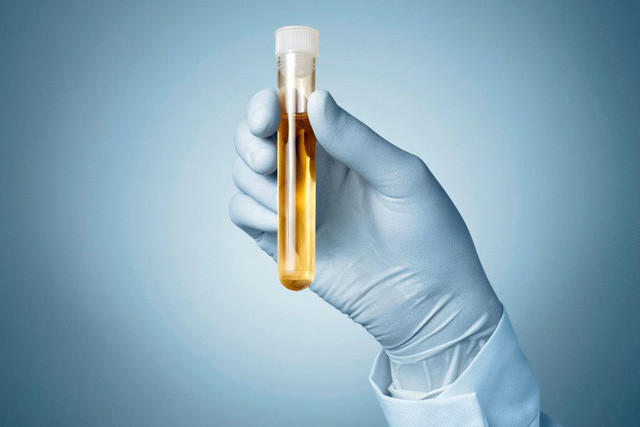
Dark urine, greasy stools
If your urine is dark (brown or rust-colored), it could be one of the symptoms of pancreatic cancer to watch out for. As bilirubin, a substance produced by the liver and a component of bile, builds up in the blood, the urine becomes dark. Pale stools, such as clay-colored or greasy stools, can also be a symptom of pancreatic cancer, as they may be caused by cancer blocking the bile ducts.

Nausea or vomiting
Cancer pressing on the lower part of the stomach can cause a partial blockage, making it difficult for food to pass through. This can cause nausea, vomiting, and pain that worsens after eating, according to the American Cancer Society. All of these can be symptoms of pancreatic cancer.
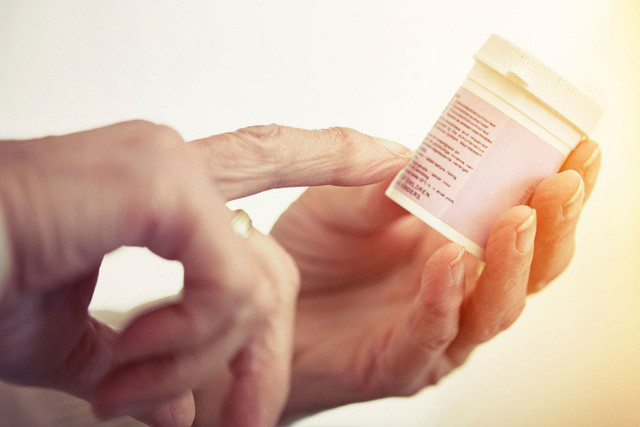
Pancreatitis
Idiopathic or chronic pancreatitis can be caused by a small tumor on the pancreas. Although pancreatitis is more commonly caused by gallstones, new medications, or alcohol abuse, if you have it and don't have any risk factors, it can be a more serious condition.
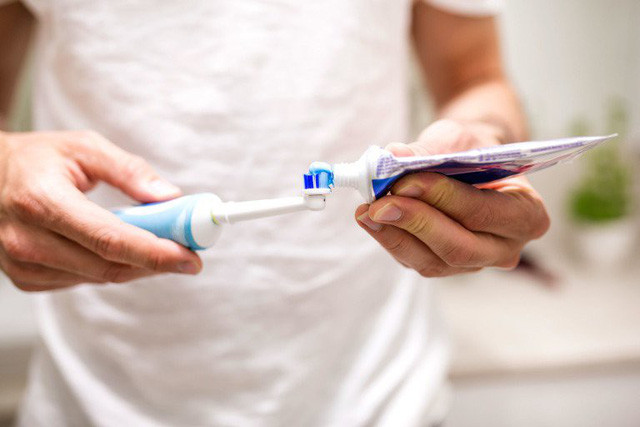
Poor oral hygiene
If your mouth is a mess of bad breath, gingivitis, or loose teeth, the problem may be more serious than poor hygiene. Pancreatic cancer patients are prone to gum disease, cavities, and poor oral health in general.
Researchers from NYU Langone Medical Center conducted a study examining the oral bacteria of pancreatic cancer patients compared to those of normal subjects. They found that the presence of the same bacteria associated with dental diseases such as periodontitis (gum disease) put participants at a 59% higher risk of developing pancreatic cancer than those without the bacteria.
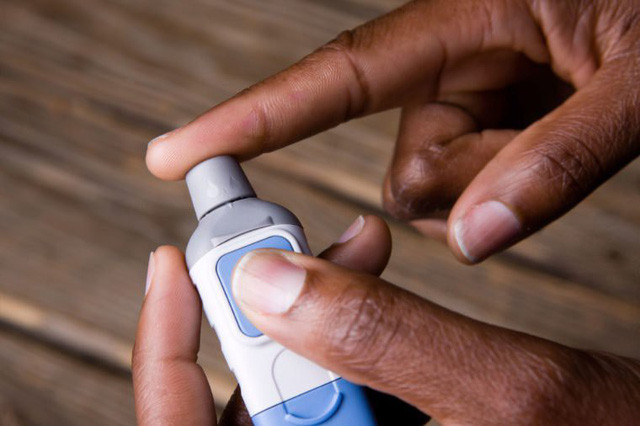
Newly diagnosed with type 2 diabetes
A diabetes diagnosis does not mean you have pancreatic cancer, but it is associated with an increased risk of the disease. A Mayo Clinic study found that 40% of pancreatic cancer patients were diagnosed with diabetes in the months before their cancer diagnosis.
The pancreas is responsible for producing insulin, so early stages of the tumor can affect the pancreas' ability to produce insulin, causing diabetes.
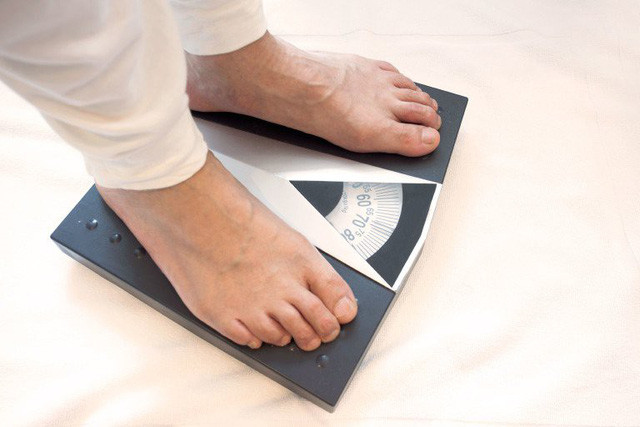
Unexplained weight loss
If you suddenly have little or no appetite, or if you lose weight without changing your diet or exercise, see your doctor.



.jpg)


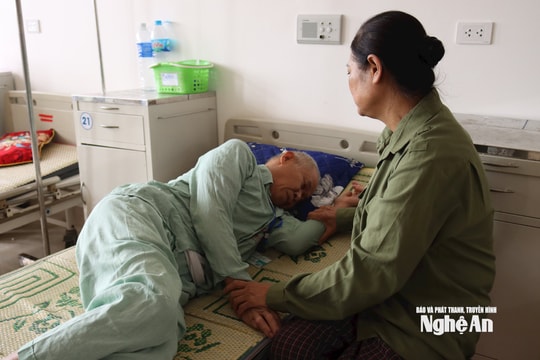
.jpg)
